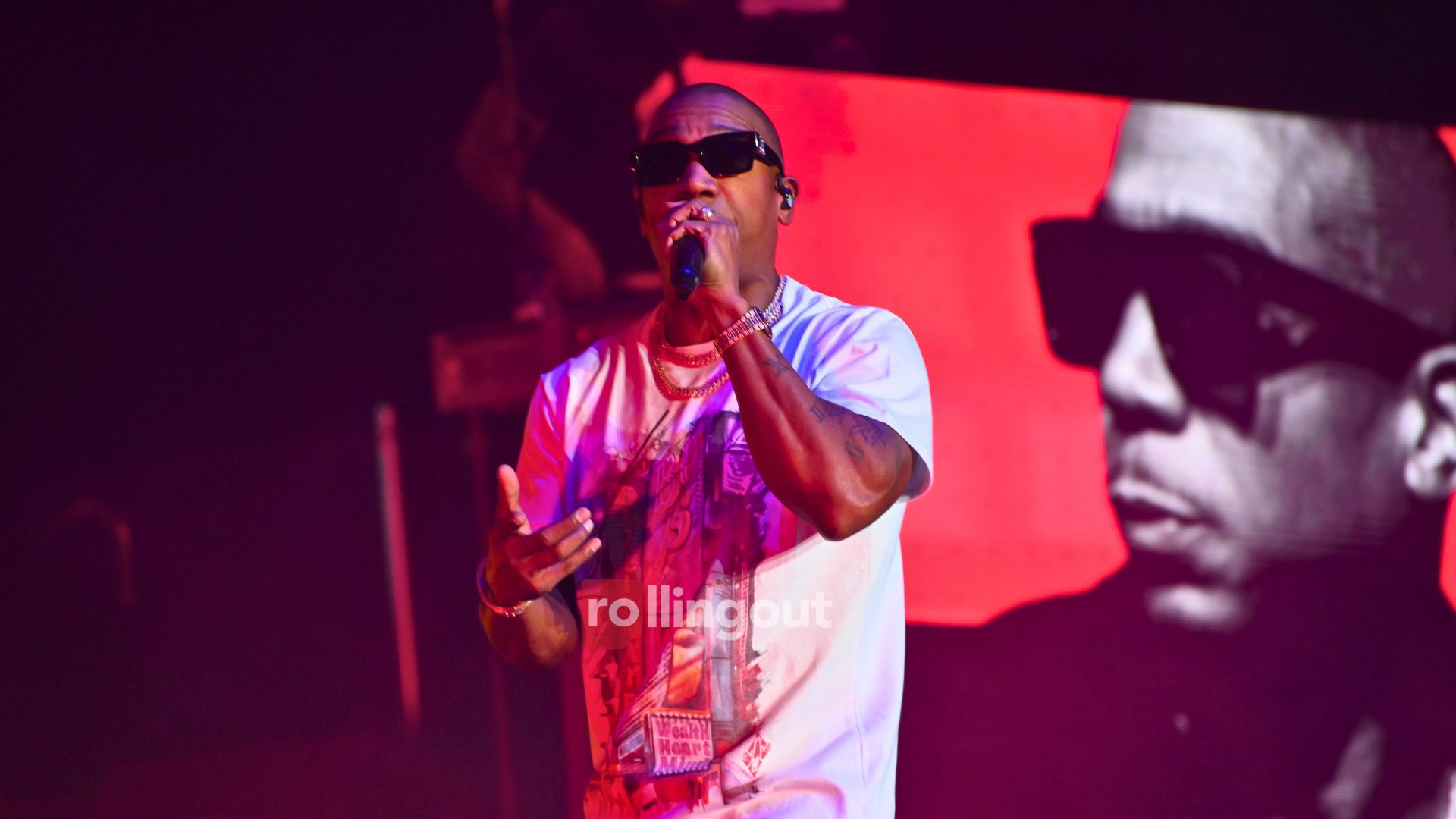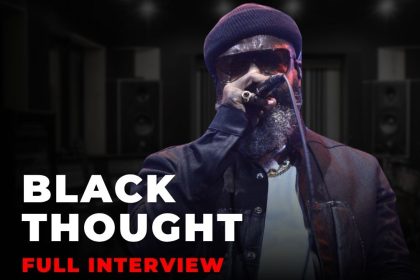Ja Rule, the rapper known for hits like Always on Time and Livin’ It Up, is now making headlines for something far removed from his musical career: a school project in Ghana. His commitment to building educational infrastructure in collaboration with Pencils of Promise is part of a larger philanthropic movement that emphasizes sustainable global development. This project highlights the potential for celebrities to use their platforms for social impact, creating lasting change in underserved communities.
The Genesis of a philanthropic journey
Ja Rule’s journey into philanthropy did not happen overnight. His school project in Ghana reflects a deeper, more personal commitment to global education. Partnering with Pencils of Promise, a nonprofit organization dedicated to improving educational opportunities in developing regions, Ja Rule is leveraging his fame and resources to address a critical need.
The rapper’s initiative underscores the power of celebrity influence in driving social good. By choosing to focus on education, Ja Rule is not only helping to build a school but is also drawing attention to the importance of investing in children’s futures. His efforts are a reminder that anyone—regardless of their profession—can contribute meaningfully to global causes.
The landscape of educational challenges in Ghana
Education in Ghana faces significant hurdles. Despite progress in enrollment rates, many schools still lack basic infrastructure, teaching materials, and trained staff. Rural areas are particularly hard-hit, with children often traveling long distances to access classrooms. These challenges create barriers to consistent, quality education, leaving many children without the tools they need to succeed.
Ja Rule’s project addresses these systemic issues by providing a safe, supportive environment where children can learn and thrive. The initiative is more than just a building; it’s a beacon of hope for a community striving for better educational outcomes.
Pencils of promise: A catalyst for change
Founded in 2008, Pencils of Promise has built over 500 schools and impacted more than 100,000 students worldwide. Their model goes beyond constructing classrooms; it focuses on creating holistic educational ecosystems that empower communities and foster long-term success. This approach includes teacher training, student scholarships, and programs that promote literacy and digital learning.
Ja Rule’s partnership with Pencils of Promise ensures that the school project in Ghana is not just a one-time effort but part of a sustainable strategy. The organization’s experience and on-the-ground expertise are critical in ensuring the success and longevity of the initiative.
A growing trend of musical philanthropy
Ja Rule is not alone in his philanthropic pursuits. Other musicians have also turned their attention to global development projects. Lil Jon, for example, funded a school in Ghana, while Beyoncé’s BeyGOOD Foundation has supported educational initiatives worldwide. This trend highlights a shift in the music industry, where artists are increasingly using their platforms to advocate for social causes.
These efforts reflect a broader recognition that celebrities can drive meaningful change. By lending their voices to important issues, musicians can mobilize resources, raise awareness, and inspire their fans to take action.
The multifaceted impact of educational investment
Investing in education creates ripple effects that extend far beyond the classroom. Access to quality education empowers children to break cycles of poverty, pursue higher education, and secure better job opportunities. It also has broader societal benefits, contributing to economic growth, improved health outcomes, and greater social cohesion.
In Ghana, Ja Rule’s school project has the potential to transform not just individual lives but entire communities. As children gain access to better learning environments, they can develop the skills and knowledge needed to become future leaders and innovators.
Technology and community engagement
In today’s digital age, social media plays a crucial role in philanthropic efforts. Ja Rule has used his Instagram account to share updates on the school’s progress, giving his followers a front-row seat to the construction process. This transparency fosters a sense of community and accountability, allowing fans to feel connected to the project.
By engaging his audience in this way, Ja Rule is not only raising awareness but also inspiring others to support similar initiatives. Social media amplifies the impact of philanthropy, turning individual projects into global movements.
Breaking cycles of limitation
Education is a powerful tool for breaking intergenerational cycles of poverty. When children have access to quality schools, they gain the skills and confidence needed to pursue their dreams. Over time, this can lead to greater economic mobility and social progress.
Ja Rule’s project offers a pathway to hope and opportunity for children in Ghana. By investing in their education, he is laying the foundation for a brighter future—one where every child has the chance to succeed.
Cultural exchange and global understanding
Philanthropic initiatives like Ja Rule’s also promote cultural exchange and global understanding. By working in Ghana, the rapper is fostering connections between different communities and highlighting the shared values that unite us. These projects remind us of our common humanity and the importance of supporting one another.
Economic implications of educational investment
Education is not just a social good; it’s an economic imperative. Countries that invest in education often see higher levels of economic growth and innovation. By supporting children’s learning opportunities, philanthropic efforts contribute to developing human capital and creating a more skilled workforce.
In Ghana, Ja Rule’s school project has the potential to drive local economic development. As students graduate and enter the workforce, they can contribute to their communities in meaningful ways, fostering a cycle of growth and prosperity.
The personal motivation behind philanthropy
For Ja Rule, this project is more than just a charitable endeavor—it’s a deeply personal mission. His decision to focus on education reflects a genuine desire to make a lasting impact. This motivation is evident in his hands-on involvement and commitment to seeing the project through.
Philanthropy often stems from a sense of purpose and responsibility. For artists like Ja Rule, it’s about using their influence to create positive change and give back to the global community.
Collaborative approach to development
Partnerships are key to successful philanthropic initiatives. Ja Rule’s collaboration with Pencils of Promise highlights the importance of combining celebrity influence with nonprofit expertise. This approach ensures that projects are well-planned, impactful, and sustainable.
Future perspectives and potential
As Ja Rule’s school project in Ghana continues to take shape, it stands as a powerful example of what can be achieved through collaboration and commitment. It’s a reminder that individual actions, when aligned with broader strategies, can create lasting change.
Conclusion: Beyond brick and mortar
Ja Rule’s school in Ghana is more than just a building—it’s a symbol of hope, an investment in human potential, and a testament to the power of philanthropy. By leveraging his platform for good, the rapper is making a tangible difference in the lives of children and inspiring others to do the same.
This project is a powerful reminder that education is a fundamental right and a pathway to a better future. Through his efforts, Ja Rule is helping to create a world where every child has the opportunity to learn, grow, and thrive.
















